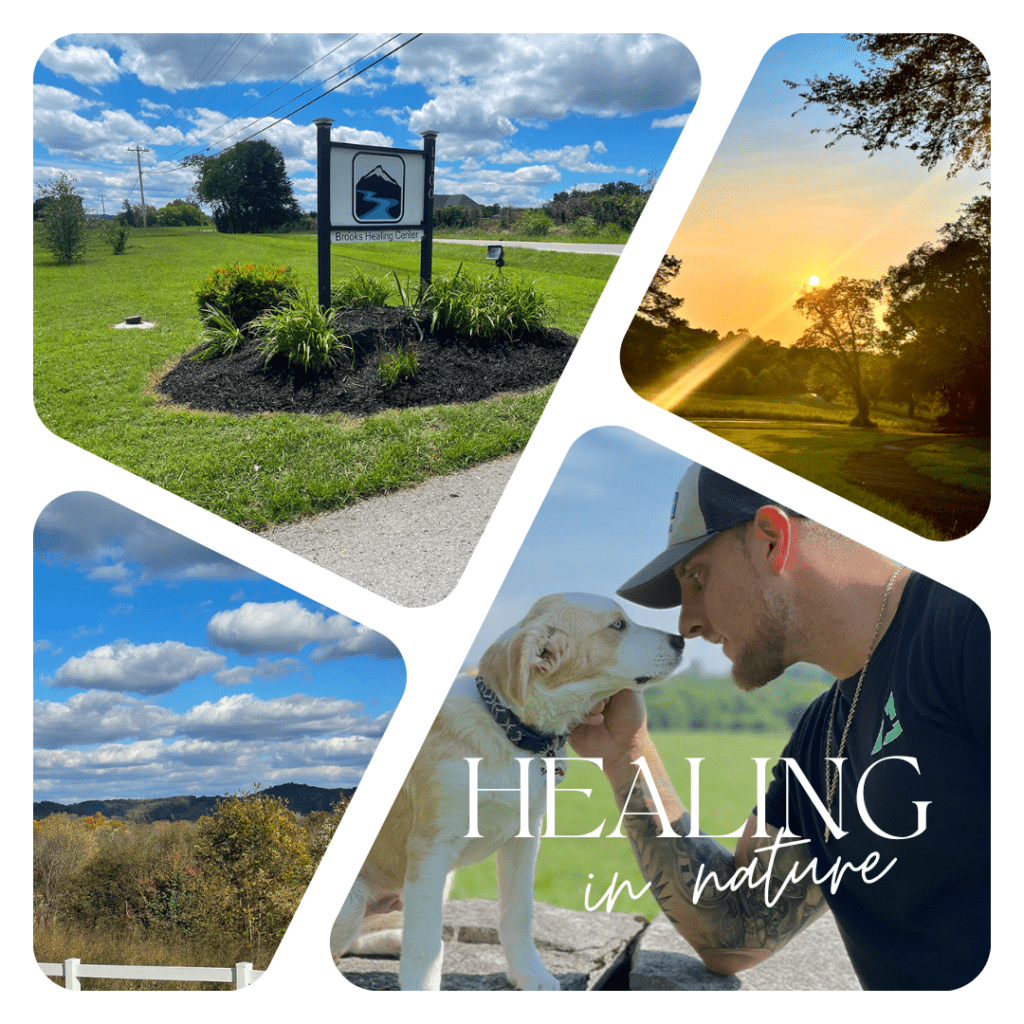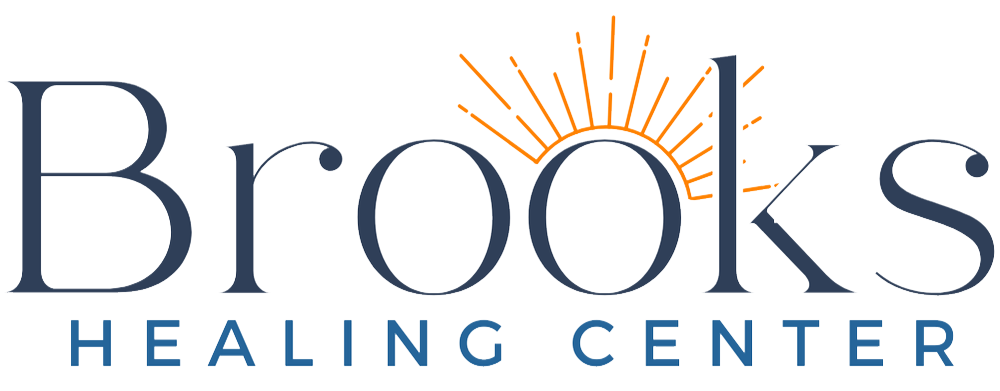Home / Modalities / 12-Step Recovery Program
A 12-step program is built on the four core values of community, action, accountability, and support for those in recovery. You can safely navigate sobriety and healing within a supportive community as you take specific and intentional actions to restore the balance in your life and benefit from positive accountability.
Call Admissions 24/7/365
12 Step Facilitation Therapy is an evidence-based and highly practical therapy that is intended to assist patients struggling with alcohol or substance abuse or co-occurring mental health disorders. Different from a basic 12-step group, Twelve Step Facilitation Therapy (TSF) is a structured treatment intervention that strategically guides patients through the primary principles of traditional 12-step programs. Narcotics Anonymous (NA) and Alcoholics Anonymous (AA) are the two hallmark programs for 12-step recovery paths.
One key element of 12 Step Facilitation Therapy places a significant emphasis on the importance of community and peer support. This focus encourages patients to stay connected and maintain attendance. As part of this evidence-based therapy, patients will find a sponsor and find ways to be actively involved in the recovery group as well as the local community.
Patients will learn life-saving tools and coping skills for navigating triggers and practical ways to maintain sobriety. Within the drug or alcohol treatment program community, you will experience a sense of belonging and brotherhood as you connect with other members and pursue similar goals together.
Another set of key elements in 12-step facilitation therapy is acceptance and active participation.[1] Acceptance is to acknowledge addiction and substance use disorder as a chronic disease that requires abstinence to effectively overcome, and active participation refers to committed attendance and involvement in 12-step therapy or groups.
Each new day is a fresh opportunity to make a life-altering change and improve your quality of life. We want to help you identify the underlying challenges to recovery and better understand yourself so you can finally live the life you were always meant to live. Call today to get started and learn more about BHC.

Each organization has a slightly different depiction of the 12 steps, though they are all very similar in theme and application. Many of the steps refer to God or a higher power, but a connection to that concept isn’t necessary for the steps to be effective. There have also been secular or agnostic adaptations made available to increase the application. [2]
The following represents one version of the 12-step facilitation interventions:[3]
Studies show that the benefits of a 12-step framework positively influence treatment results and help patients reach and maintain sobriety.[4] Other hallmarks of addiction treatment benefits related to high exposure to 12-step treatment include:
The recovery support groups within the 12-step facilitation model also improve the success of long-term recovery by offering increased self-efficacy, community support, and improved quality of life.[5] Despite such documented benefits, attendance in a group isn’t enough. True success and positive outcomes result from walking through the different steps, working with a sponsor, becoming a sponsor or volunteer, helping with 12-step meetings or group logistics, and sharing your story.
At Brooks Healing Center, our 12-step facilitation model integrates with immersive inpatient addiction treatment (detox and residential) to support patients on their recovery journey. We have found that healing happens best within the community and through practical, hands-on support.
Our goal is to create a positive environment filled with encouraging providers and peers where you or your loved one can heal, grow, and thrive. The therapeutic approach to the 12 steps recognizes that this is a long-term practice and not a one-time solution. Here, you will find dedicated support and compassionately invested providers who are here to see you succeed in recovery and in life.

Yes, there are several different types of 12-step facilitation interventions, including Systematic Linkage, Making AA Easy (MAAEZ) Network Support, and cognitive behavioral therapy interventions that have been integrated with 12-step frameworks.[6] Each approach has a slightly different focus, though they all share common threads of active participation, personal growth, accountability, and abstinence.
Call now or complete the form with your health insurance information, and our admissions team will verify your coverage and discuss the cost of treatment services.







Brooks Healing Center is conveniently located just outside of central Tennessee cities like Nashville and Chattanooga. You will be tucked away in the beautiful Tennessee countryside while still close to the buzz and comforts of the city.
Our campus sits on 36 acres along the Duck River and is ideally suited to a peaceful and quiet recovery experience. Together with our recovery counselors, professional providers, and a crew of supportive peers, you will participate in a wide range of adventures, therapies, and activities to enhance the treatment experience and pursue positive treatment outcomes.
The 12-step facilitation model helps improve lifelong recovery through increased self-efficacy, community support, and improved quality of life.[7] We know recovery is challenging. Many of us have been where you or your loved one are now.
After years of experience, we have found that addiction treatment is essentially three parts: one part evidence-based treatment, one part encouraging and practical community support, and one part personal commitment and consistency.
We offer you the very best of the first two, and you’re responsible for the third. We want to see you succeed and will do everything in our power to ensure that your participation is as effective and stress-free as possible.
The 12 steps focus on you, your past, your present, and what you must do to improve your future. Many other therapy interventions deal more with talking about your struggles but lack the practical application to bring positive change. The 12 steps offer a framework for facilitating healthy changes.
There’s no official answer to this, but we believe long-term commitment will yield long-term results. In many cases, active involvement in a 12-step community is a lifelong investment. At Brooks Healing Center, our inpatient drug and alcohol addiction treatment programs last anywhere from 30 to 45 days, and we do incorporate Twelve-Step Facilitation Therapy as part of our formal programming.
[1]Mendola, A., & Gibson, R. L. (2016, June 1). Addiction, 12-step programs, and evidentiary standards for ethically and clinically sound treatment recommendations: What should clinicians do?. Journal of Ethics | American Medical Association. https://journalofethics.ama-assn.org/article/addiction-12-step-programs-and-evidentiary-standards-ethically-and-clinically-sound-treatment/2016-06
[2]Secular and alternative steps. AA Agnostica. (n.d.). https://aaagnostica.org/alternative-12-steps/
[3][4]Donovan, D. M., Ingalsbe, M. H., Benbow, J., & Daley, D. C. (2013). 12-step interventions and mutual support programs for Substance Use Disorders: An overview. Social work in public health. https://www.ncbi.nlm.nih.gov/pmc/articles/PMC3753023/
[5][7]U.S. National Library of Medicine. (1970, January 1). Chapter 3-Counseling Approaches for promoting harm reduction and preventing recurrence. Counseling Approaches To Promote Recovery From Problematic Substance Use and Related Issues [Internet]. https://www.ncbi.nlm.nih.gov/books/NBK601490/
[6]Kelly, J. F., Yeterian, J. D., Cristello, J. V., Kaminer, Y., Kahler, C. W., & Timko, C. (2016, June 13). Developing and testing twelve-step facilitation for adolescents with substance use disorder: Manual development and preliminary outcomes. Substance abuse : research and treatment. https://www.ncbi.nlm.nih.gov/pmc/articles/PMC4941867/
